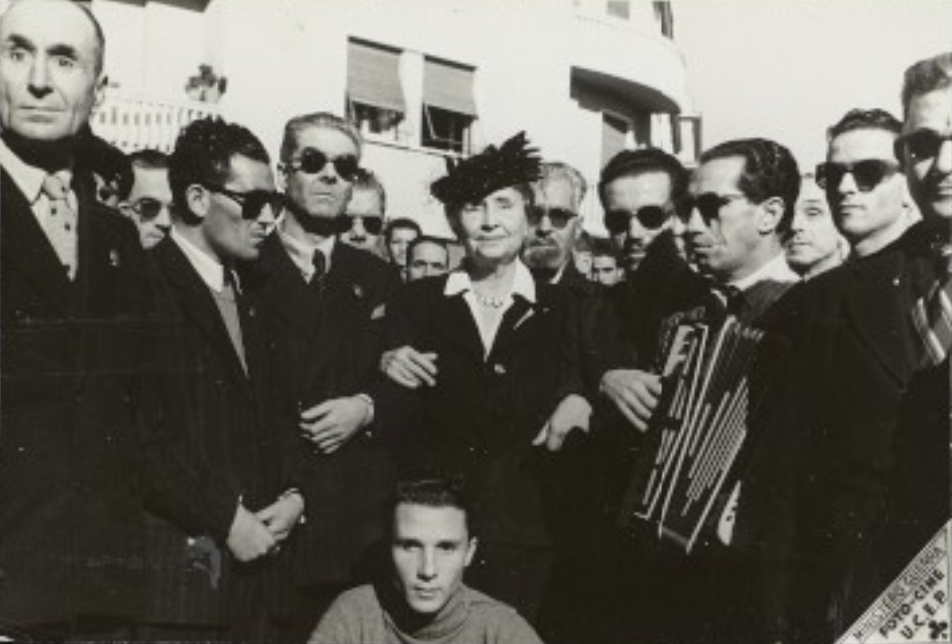For many Americans, this long-weekend marks the beginning of summer, when families across the country dust off their coolers and unpack their beach chairs from winter storage. But, as families make their way to the shore or their local park, it’s important to pause and remind ourselves of the significance this holiday plays in our freedom and independence, particularly for those within the blindness field.
At the American Foundation for the Blind, our own history is steeped in the sacrifices of our soldiers. AFB’s founding was in direct response to the needs faced by blinded GIs returning from Europe after the 1st World War.
At that time, renowned industrialist and philanthropist Moses Charles Migel, who was a leader in the silk trade during the war, was sent to France by the Red Cross immediately following the Armistice to lead efforts for the reintegration of blinded soldiers. Migel’s work supporting the French in their own rebuilding efforts for wounded warriors earned him the title of Chevalier within the French Legion of Honor. And his work in the United States made a long-lasting impact as to the course services and supports for the blind would take for future generations.
Recognizing the need for greater centralized advocacy, research, and services following The Great War, Migel went on to found the American Foundation for the Blind in 1921. In the years that followed, he would play an active part in funding the organization and turning its mission into action. A quarter century later, while serving as AFB’s President & CEO, Migel would be called upon once again after the 2nd World War to assist blinded veterans returning home, offering up both his finances and guidance to help establish the Blinded Veterans Association.
Of course, the ultimate sacrifice we remember on Memorial Day are the lives lost at the hands of war and foreign conflict. The stories of their sacrifice weigh heavy on the shoulders of their fellow veterans who returned home without their fallen friends. For those who returned home as wounded warriors, that weight was even heavier.
AFB’s chief ambassador Helen Keller knew this well as she would often meet with blinded veterans from the 1st and 2nd World Wars. On one occasion in 1919, as she worked to bring comfort and hope to blinded soldiers, Helen had these words of encouragement to share: “I am not saying you will never feel restless or lonely or cheated. You will. Everyone has his moods when his thoughts are the color of indigo. When you feel like that, console yourselves with work, get busy, put your mind on the job at hand. When the mind bends gladly to a task and the hand has to keep up with the eager spirit, one feels in love with life and in tune with the universe and misfortune loses its sting.”
The greatest gift a person who experiences vision loss can receive is that gift of independence, that feeling that life can be free and not burdened with the chains of darkness and despair. For those warriors who have fallen to the eternal darkness of death, their gift to all of us is independence and freedom as a nation. For those who carry that darkness on their shoulders after experiencing the hell of war, please know there is always hope. And know that your sacrifices have not been forgotten. Contrary, they are memorialized in the daily lives of those who embrace their independence and find joy in the freedom that comes with it. We will forever be indebted for your service and sacrifice.
